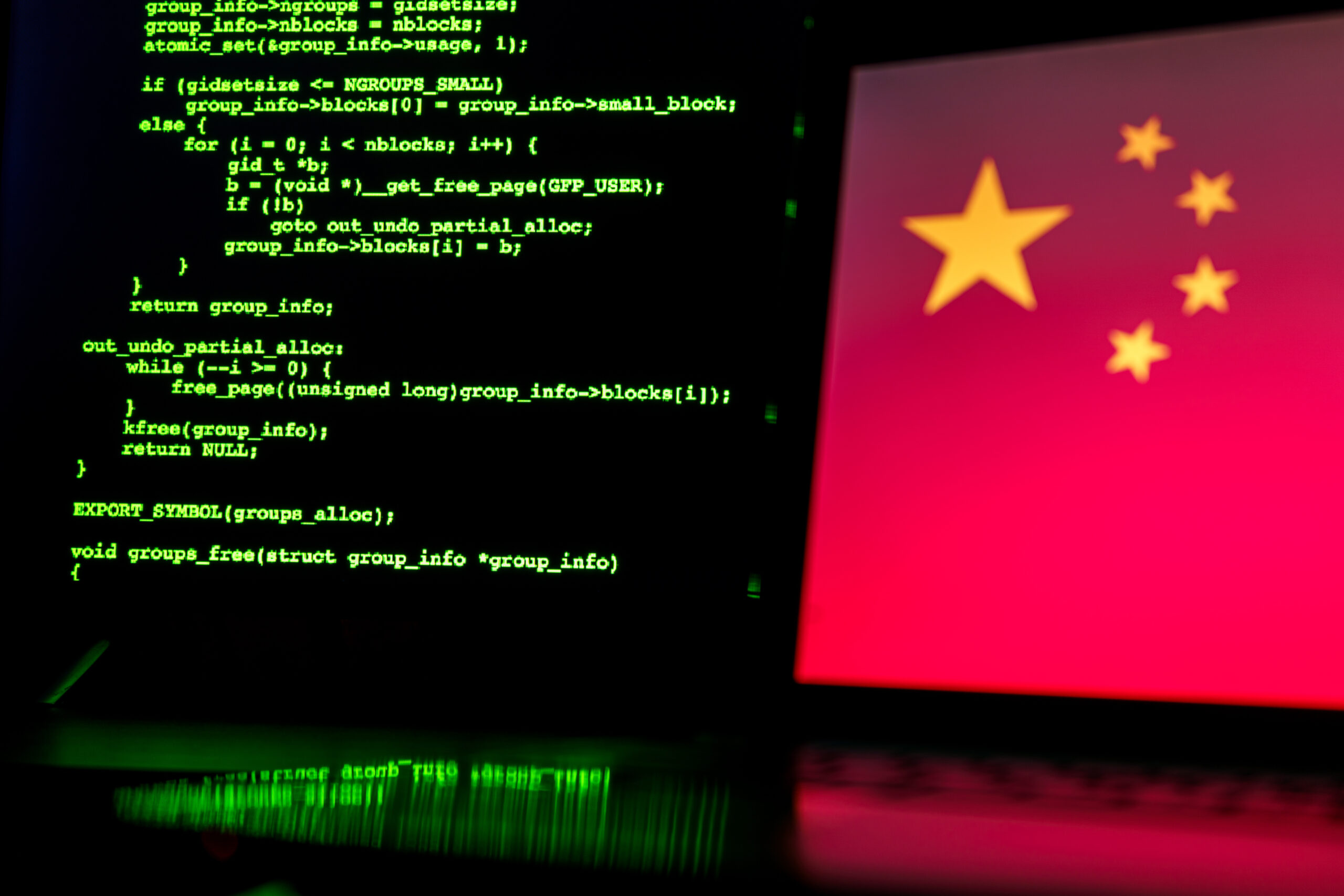# International Coalition Calls Out Three Chinese Companies Over Hacking Campaign
A coalition of nations from around the world has joined forces to condemn three Chinese companies over allegations of involvement in a large-scale hacking campaign. The countries, which include traditional English-speaking allies such as the United States, along with Germany, Italy, and Japan, have issued a 37-page advisory criticizing Sichuan Juxinhe Network Technology, Beijing Huanyu Tianqiong Information Technology, and Sichuan Zhixin Ruijie Network Technology for providing "cyber-related products and services to China's intelligence services."
The companies at the center of the controversy are accused of supplying multiple units within the People's Liberation Army (PLA) and Ministry of State Security with cyber-related goods and services. The United States, in particular, has been vocal about its concerns over Chinese hacking activity for decades.
Sichuan Juxinhe Network Technology is already under sanctions from the U.S. Treasury for its alleged ties to the notorious "Salt Typhoon" hacking group. This group has made headlines for its brazen cyberattacks on American targets, including senior leadership in Washington and a vast array of telecommunications companies. The Salt Typhoon group's scope has been described as "mind-boggling," with one senator likening it to "the largest telecommunications hack in our nation's history."
The FBI's top cyber official, Brett Leatherman, has also weighed in on the matter, stating that the Salt Typhoon group was responsible for "one of the more consequential cyber espionage breaches we have seen here in the United States." The hackers' activities are believed to have targeted over 80 countries and have shown a particular interest in more than 600 companies.
The coalition's statement has been met with support from several other nations, including the Czech Republic, Finland, Germany, Italy, Japan, the Netherlands, Poland, and Spain. This marks an unusual level of cooperation between these countries, who typically work together on matters of national security but not often over concerns about cyber espionage.
For its part, Beijing has consistently denied allegations of sanctioning cyber-espionage activity, despite mounting evidence to the contrary. The recent data leaks affecting Sichuan Zhixin Ruijie and Beijing Huanyu Tianqiong have further raised eyebrows, with no clear explanation as yet for their cause.
As tensions between nations continue to escalate over matters of security and espionage, it is likely that this issue will remain a point of contention in the years to come.
